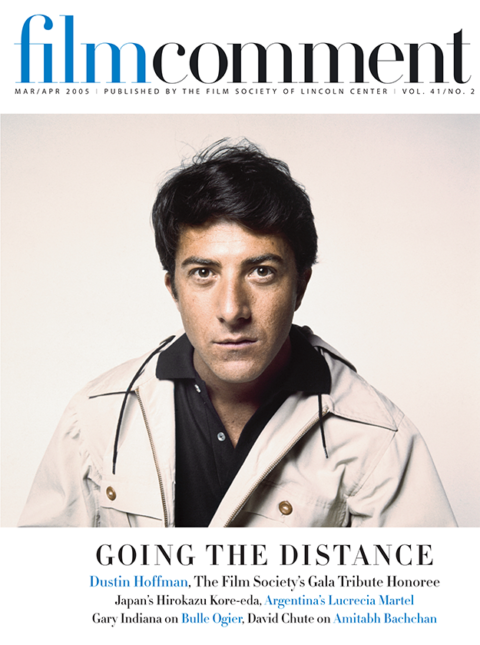
How does one convince a distributor to take a chance on a film that dispenses with drama in the interest of encouraging viewers to keep their eyes on the light? Indeed, Café Lumière, the title of Hou Hsiao-hsien’s latest, refers not merely to the tiny shop where the heroine (a writer who’s researching a Thirties Japanese classical composer) and her soul mate (a used bookstore owner devoted to recording the sounds of the Tokyo tram system) occasionally meet but to the luminosity of the entire physical world. Made in celebration of the 100th anniversary of Ozu’s birth, Hou’s unassuming and utterly ecstatic film—thanks in part to Mark Lee Pin Bing’s softly radiant cinematography—is filled with homages (the opening shot of the train is right out of Tokyo Story). Hou borrows Ozu’s signature low-angled framing but maintains his own fluid style of camera movement. Some 40 years after Ozu’s death, the traditions that govern middle-class Japanese family life—the crux of his films—are even more frayed. Hou’s quietly self-possessed heroine is pregnant and completely uninterested in marrying the father of her future child, much to the bewilderment of her parents. We hope that she and the bookstore owner will become a couple, but Hou resists any such closure. Instead he offers glimpses of ephemeral beauty and the quotidian rendered transcendent through the play of light. Millennium Mambo, Hou’s previous film and his first to receive commercial distribution in the U.S., offered a dark, glittering vision of contemporary youth. It is the moon to Café Lumière‘s sun. The two films should go into the world together if only to prove that Hou can do anything.
Sales Company: [email protected]








